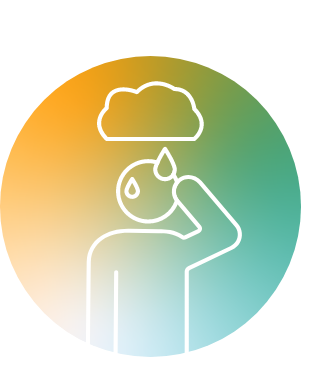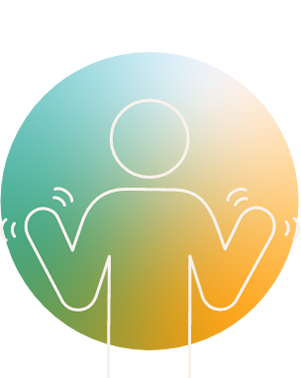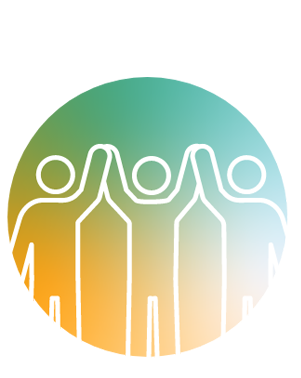Safe Opioid Use & Disposal
Reclaim your life and discover your individualized substance use treatment path at Arbor Place.
Opioids are a class of powerful drugs that are known for their pain-relieving properties and include prescription painkillers, fentanyl, and heroin. Some physicians prescribe opioids to treat acute pain following procedures or injuries, as well as chronic pain. Because the brain and body build a tolerance to opioids quickly, studies have shown that any type of opioid use comes with the risk of addiction.
A Growing Epidemic
Addiction and opioid-related deaths across the nation have been steadily increasing over the last two decades. According to the Wisconsin Department of Human Services (DHS) and the Centers for Disease Control and Prevention (CDC), the problem can be traced back to the 1990s with the overprescribing of prescription painkillers. When these drugs became harder to get valid prescriptions for, heroin use increased. Today, fentanyl is often found in illegal drugs because it is powerful – up to 50 times stronger than heroin – and cheap to produce. Because of fentanyl’s strength, overdoses are common and often fatal. According to the DHS, 86% of opioid deaths in 2020 in Wisconsin were attributed to a synthetic opioid like fentanyl.

Opioid Addiction
Risk Factors
Anyone can become addicted to opioids, but there are a few factors that may increase your risk. These include: taking a high dose of the opioid, prolonged use of the opioid, use of extended-release formulas, a history of mental health disorders, and a history of alcohol or substance abuse.

Opioid Addiction
Signs & Symptoms
Signs of opioid addiction disorder aren't always obvious. Here are several potential signs to look out for: taking larger amounts of the drug or for a longer period of time than prescribed, behavioral changes including apathy, poor judgment, and agitation, impaired mental functioning, and slurred speech.

Preventing
Opioid Overdose
The best way to prevent an opioid overdose is to only take prescribed opioids as instructed. Regardless of the type of opioid use, you can reduce the risk of overdose by doing the following: create an overdose plan with those closest to you, carry naloxone (order free naloxone here), take any opioid when you're with another person that can identify a potential overdose, and safely store your medicine. Learn more about preventing opioid overdoses here.

Opioid Use & Disposal
Safe Drug Use & Disposal
The safe use and disposal helps protect you, the people around you, and your environment. Keep your home safe by properly disposing of unused opioids. You can learn more and find a drug drop box here.






